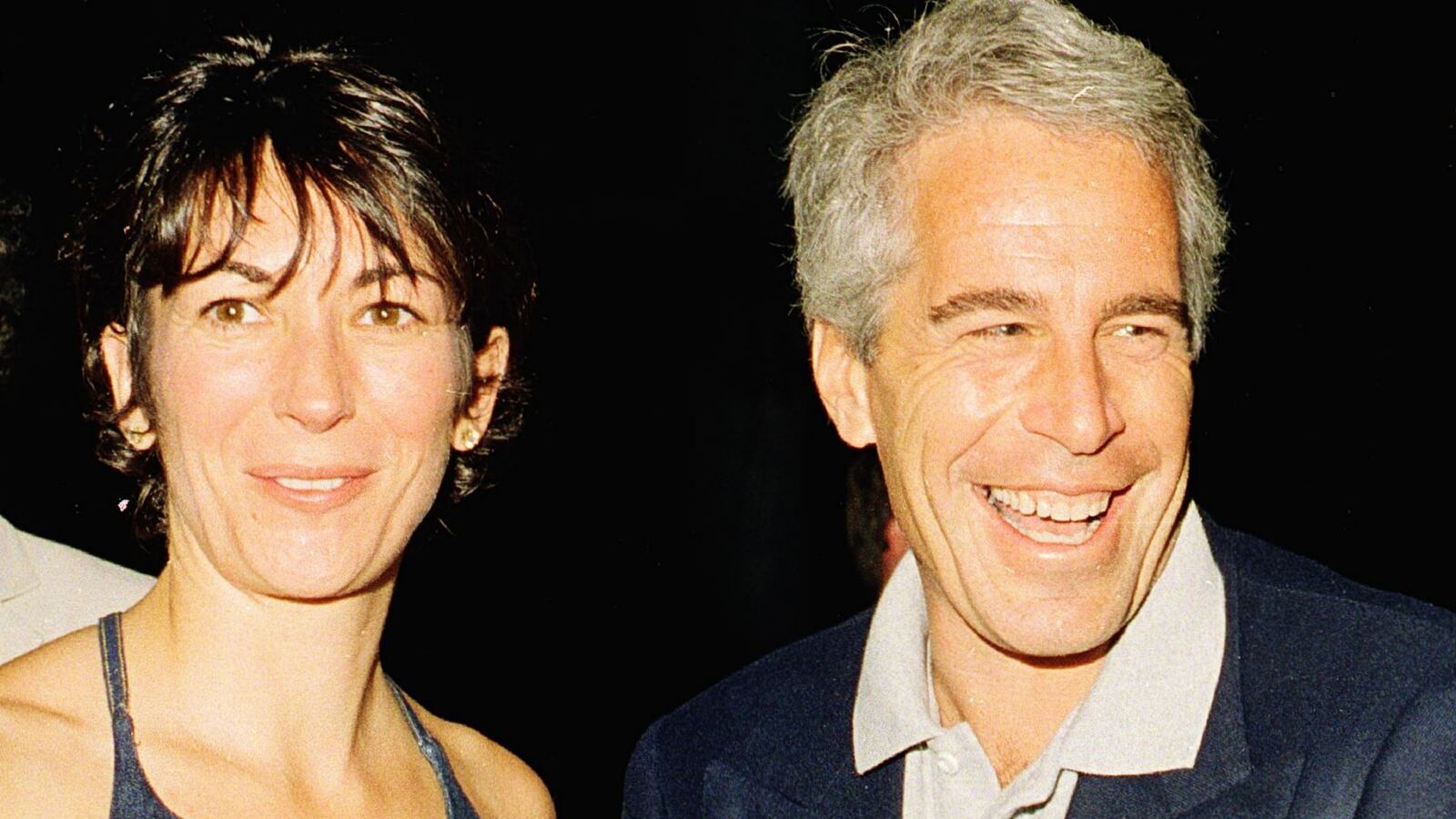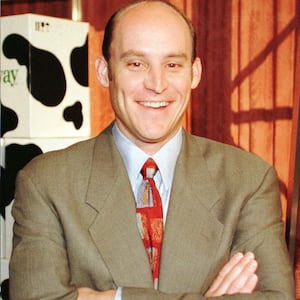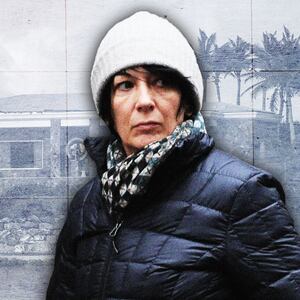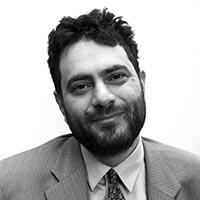An inmate incarcerated alongside Ghislaine Maxwell threatened to kill her, telling the British socialite and convicted sex trafficker that “she had been offered money to murder Ms. Maxwell and that she planned to strangle her in her sleep,” according to Maxwell’s attorneys.
The inmate at the Brooklyn Metropolitan Detention Center allegedly told Maxwell that the money she’d get from the hit would be worth “an additional 20 years’ incarceration,” her defense wrote, later adding: “This incident reflects the brutal reality that there are numerous prison inmates who would not hesitate to kill Ms. Maxwell—whether for money, fame, or simple ‘street cred.’”
Maxwell’s most recent alleged brush with death was revealed in a sentencing memorandum filed in Manhattan federal court this week, in which her team asked a judge for a sentence of 51 to 63 months, “significantly” below the 20-year term recommended by a probation department.
“Her life has been ruined,” her lawyers said. “It would be a travesty of justice for her to face a sentence that would have been appropriate for Epstein.”
Portraying her as disgraced financier Jeffrey Epstein’s hapless victim, the memorandum noted that tragedy had inflicted itself upon Maxwell, 60, early in life, when she was allegedly identified as a target of the Irish Republican Army.
“Decades earlier, when Ms. Maxwell was just a child and her father was a Member of Parliament, U.K. authorities found a ‘hit list’ of potential kidnapping/assassination targets in a safehouse used by the Irish Republican Army,” the filing read. “Ms. Maxwell’s name was first on the list.”
Her father, the disgraced press mogul Robert Maxwell, was also to blame for his daughter’s supposed victimhood, her lawyers argued. Before his death under mysterious circumstances in 1991, his alleged physical abuse “led her to becoming very vulnerable to abusive and powerful men who would be able to take advantage of her innate good nature,” according to an extract from a letter attached in the memorandum.
“Ghislaine vividly recalls a time when, at age 13, she tacked a poster of a pony on the newly painted wall of her bedroom. Rather than mar the paint with tape, she carefully hammered a thin tack to mount the poster,” her attorneys said. “This outraged her father, who took the hammer and banged on Ghislaine’s dominant hand, leaving it severely bruised and painful for weeks to come.”
In a supplementary filing, Maxwell’s lawyers argued that she had been unfairly sentenced under guidelines meant for a supervisor of abuse, even as she was, they argued, simply an agent of Epstein’s. They contended the government was using harsher 2004 guidelines even as they had been unable to prove that Maxwell’s role in facilitating Epstein’s abuse had continued after 2003.
And, they argued, she had been sentenced under rules intended for serial abusers of children, even as “[t]here is absolutely no evidence that Ms. Maxwell is attracted to minors or has the sort of uncontrollable impulses that would compel her to re-offend. According to the trial record, it was Epstein who had such proclivities, whereas Ms. Maxwell’s role was to facilitate Epstein’s sexual abuse. Indeed, after she moved on from Epstein in the early 2000s, Ms. Maxwell was involved in two long-term relationships with men who had young children and was actively involved in their lives without even the slightest hint of impropriety.”
Maxwell was found guilty of manipulating and grooming young girls for Epstein’s sex trafficking ring in December last year. She is scheduled to be sentenced on June 28.
“Ghislaine Maxwell is not an heiress, villain, or vapid socialite. She has worked hard her entire life. She has energy, drive, commitment, a strong work ethic, and desire to do good in the world,” her lawyers wrote, while also arguing that, because of Epstein’s suicide, Maxwell was held in long-term isolation that was cruel and unusual—“detention [that] was far more arduous and constituted a more serious penalty than conventional detention in general population”—and should be factored into her sentencing now.
In a footnote, her lawyers observed that “other similarly charged defendants,” namely cultist and sexual abuser Keith Raniere and pop star and pedophile R. Kelly, were both detained in general population in Brooklyn before their convictions, in contrast to Maxwell. (Raniere was eventually sentenced to 120 years, and asked to be placed in a protective unit and separated from the general population, while prosecutors have asked that Kelly, who is awaiting his sentence, receive at least 25 years.)
Elsewhere in their sentencing request, Maxwell’s lawyers dropped a different set of names:
"She has supported friends and family through tough times and personal crisis and currently is assisting women in her unit at the MDC. She has endeavored to contribute to society (e.g., by becoming an EMT, developing a platform so that people in remote areas could receive quality medical assistance, helping launch the Clinton Global Initiative, creating TerraMar, providing GED tutoring for inmates in her unit) and will continue to do so throughout her sentence and when she rejoins the community beyond prison walls. She has also tried to protect the people around her (Ted Waitt’s children, her stepchildren, the people at TerraMar) from the onslaught of press and public vilification that come with having been associated with her.)
“She had a difficult, traumatic childhood with an overbearing, narcissistic, and demanding father. It made her vulnerable to Epstein, whom she met right after her father’s death. It is the biggest mistake she made in her life and one that she has not and never will repeat. She has never been accused of anything untoward in the over-15-year period since her relationship with Epstein ended. In fact, she has been involved in two committed, long-term, loving relationships with men who had young children. She is not a danger to the community and there is no concern about recidivism.”
Her lawyers’ sentencing request also included numerous character letters from “family and remaining friends (most having cut ties due to fear of association and the lure of ‘cancel culture’),” including one from her older sisters, twins Christine Malina Maxwell and Isabel Maxwell:
“We live in a world where malicious envy of people seen to have wealth and perceived ‘undeserved’ social position in life, is perfect fodder for selling newspapers and filling social media platforms with gaudy, single faceted views, Ghislaine had money because she worked very hard to earn it,” the twins wrote, without specifying what work they were referring to.
“Her positions demanded hard, diligent work, great intelligence, great management skills, great ability to get on well with people from all walks of life, artistic creativity, and caring about others. Her work was a far cry from the ‘flippity-jibit socialite’ label that the media has decided to cast on her every time they reference her.”
Ian Maxwell, her brother who attended most of her trial, submitted a separate letter extolling his sister’s accomplishments—including her opaque oceans charity The TerraMar Project.
"TerraMar ran from 2012 to 2019 and at its peak had hundreds of thousands of visitors to its website and many thousands of subscribers to its programs. None of this would have happened but for Ghislaine’s determination, her hard work and capacity for organizing and mobilizing and sheer perseverance as well as financial generosity in sustaining TerraMar over the years,” Ian Maxwell wrote, concluding:
“I believe Ghislaine still has much to contribute to the world if she is given a meaningful opportunity to do so.”









